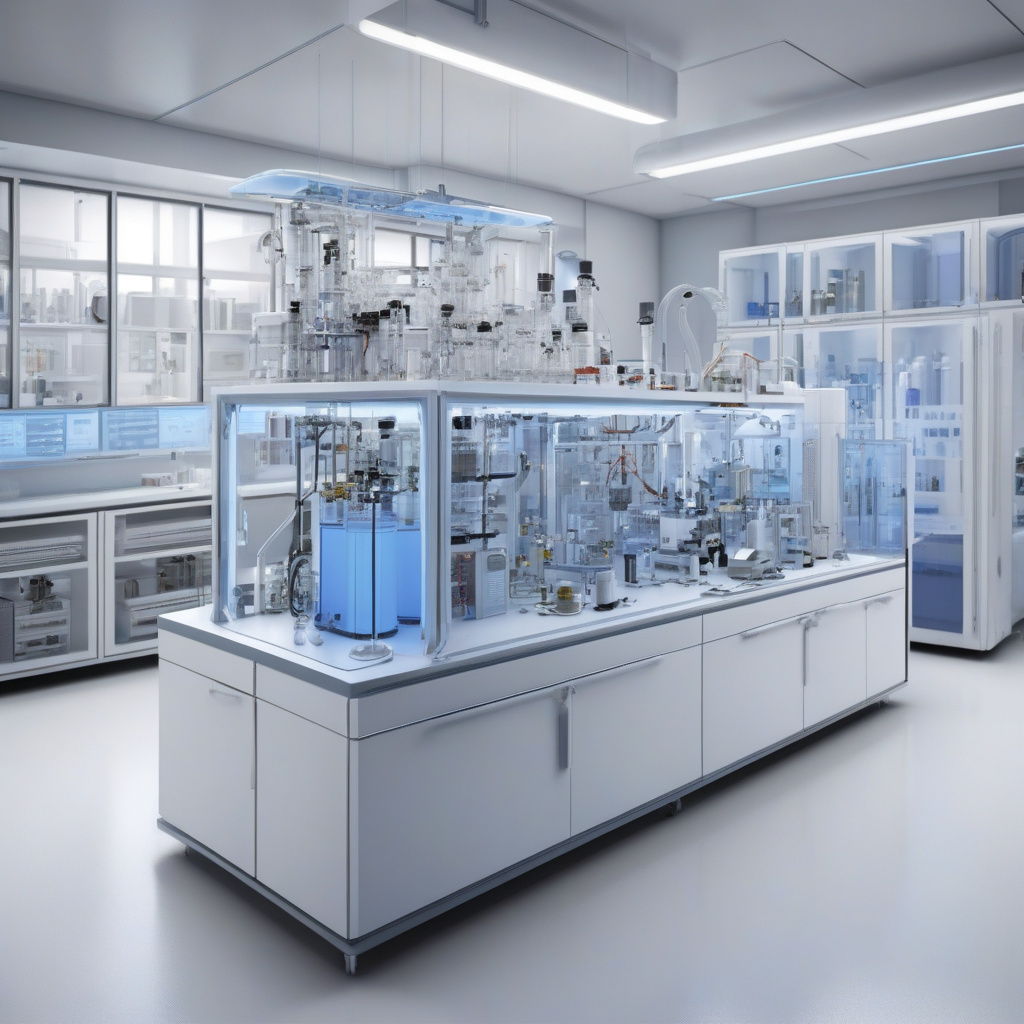Breakthrough US Hydrogen Fuel Cell Promises 200,000-Hour Life with Minimal Power Loss
Scientists in the US have designed a new fuel catalyst that has the potential to revolutionize the hydrogen fuel cell industry. This breakthrough technology promises an impressive 200,000-hour lifespan with minimal power loss, addressing one of the key limitations of current fuel cell systems. With the global focus on sustainable energy solutions growing stronger by the day, this innovation could pave the way for widespread adoption of hydrogen fuel cells in various applications, from transportation to power generation.
Hydrogen fuel cells are widely regarded as a clean and efficient alternative to traditional fossil fuels. However, their widespread implementation has been hindered by issues such as short lifespan and performance degradation over time. The new catalyst, developed by researchers in the US, aims to overcome these challenges and unlock the full potential of hydrogen fuel cells.
One of the key advantages of this breakthrough catalyst is its remarkable durability. With a projected lifespan of 200,000 hours, the fuel cell equipped with this technology could outlast many current alternatives by a significant margin. This extended lifespan not only reduces the need for frequent replacements but also contributes to lower maintenance costs, making hydrogen fuel cells a more economically viable option in the long run.
In addition to its impressive longevity, the new catalyst also boasts minimal power loss over time. This means that the fuel cell can maintain high efficiency levels throughout its extended lifespan, providing consistent and reliable performance. By addressing the issue of performance degradation, this breakthrough technology ensures that hydrogen fuel cells remain a competitive and attractive choice for a wide range of applications.
The implications of this innovation are far-reaching. In the transportation sector, where electric vehicles powered by hydrogen fuel cells are gaining traction, the extended lifespan and consistent performance offered by the new catalyst could accelerate the transition away from traditional internal combustion engines. With major automakers investing heavily in hydrogen fuel cell technology, advancements like this catalyst could drive further innovation and market adoption.
Beyond transportation, hydrogen fuel cells have the potential to revolutionize power generation, energy storage, and various industrial processes. By enhancing the durability and efficiency of fuel cells, the new catalyst opens up opportunities for cleaner and more sustainable energy solutions across multiple sectors. This not only benefits the environment by reducing carbon emissions but also creates new business opportunities and economic growth.
As the global demand for clean energy solutions continues to rise, breakthrough technologies like the new fuel catalyst developed in the US play a crucial role in driving the energy transition forward. By overcoming key challenges and pushing the boundaries of what is possible with hydrogen fuel cells, researchers and innovators are shaping a more sustainable future for generations to come.
In conclusion, the recent breakthrough in US hydrogen fuel cell technology holds great promise for the industry, offering a 200,000-hour lifespan with minimal power loss. This innovation addresses critical limitations of current fuel cell systems and paves the way for wider adoption of hydrogen fuel cells in various applications. With its durability, efficiency, and potential impact on sectors like transportation and power generation, the new catalyst represents a significant step towards a cleaner and more sustainable energy landscape.
fuel cell, hydrogen, sustainability, innovation, clean energy












